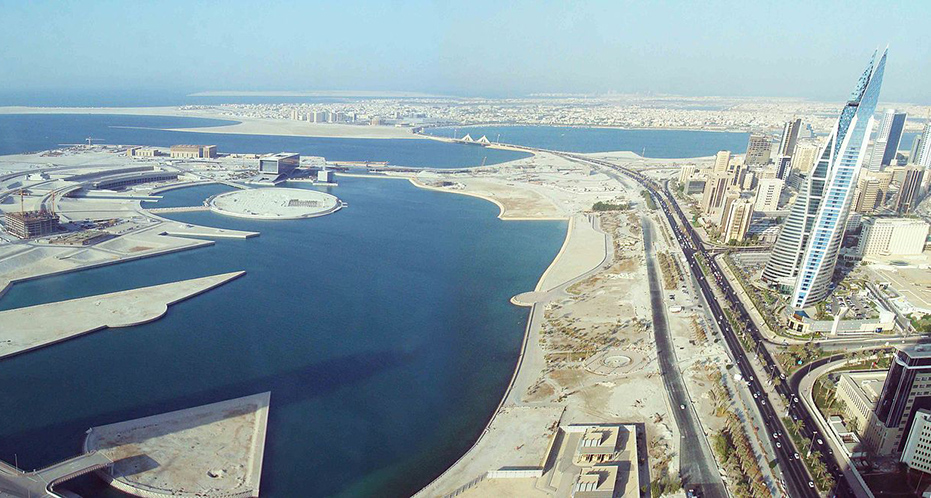Driving commercial and political engagement between Asia, the Middle East and Europe
Driving commercial and political engagement between Asia, the Middle East and Europe
Driving commercial and political engagement between Asia, the Middle East and Europe

The view from Bahrain Economic Development Board
Disruptive technologies, like FinTech, have the potential to revolutionise the economy of the Middle East. As we try to diversify away from hydrocarbons, utilising technologies such as blockchain and artificial intelligence has to be at the heart of everything we do. The disruption that these innovations will inevitably cause should not be feared, but instead embraced. Intra-regional barriers to economic growth and trade that have long held the Gulf back can be overcome by the transformative potential of the products and services associated with the Fourth Industrial Revolution.
Thankfully, the region is embracing the opportunities associated with disruptive technologies. For example, the ultimate impact of cryptocurrencies is unknown but the promise they hold for financial services, and ultimately for breaking down old banking and trading barriers, cannot be underestimated. Recently, Shari’a-compliant cryptocurrency exchange Rain graduated from our Central Bank’s regulatory sandbox. It is one of the first such exchanges in the world. Based in Bahrain, but founded by an Egyptian, a Saudi and a couple of Americans, Rain is a poster-child of the success of our FinTech ecosystem; global talent setting up a business, employing local people, and developing cutting-edge technology.
The Arab world needs to embrace this mantra more. Investing at home, rather than exporting our capital abroad, will be crucial to the future success of our economies. But such investment needs to be targeted at sectors that make a difference, such as FinTech, which will have a substantial impact on consumers. Ultimately, it is consumer behaviour that will disrupt traditional industries, not the technology itself. Take open banking as an example. It puts the consumer at the heart of everything it does, integrating traditional banking into the FinTech ecosystem.
Creating the right ecosystem for technology to flourish is fundamental to our future success and we must address a huge variety of issues, from education to funding; and regulation to competition. There is not one single action we can take to turbocharge growth. Our approach must be pragmatic by adopting the right regulations that will allow collaboration in the ecosystem and build long-term partnerships. And we must look globally to exchange ideas and open new markets. Bahrain Fintech Bay, which launched last year as the first onshore FinTech incubator in the Middle East, is now establishing bases in Singapore, Silicon Valley and Detroit.
Yet, the Arab world needs to stop just adopting technology and start developing it instead. It is the Arab world, not the Arab people, that needs to change. There are engineers, scientists and entrepreneurs from the Middle East flying high in other tech hubs like Silicon Valley and London, but few Arab companies are emerging as break-out tech superstars. The emergence of home-grown companies is gathering pace, with Careem and Talabat now household names, but we must do more to help these firms scale. We must also continue the drive to attract foreign multinationals. Companies like Amazon Web Services, Microsoft and Huawei have woken up to this skills base and are building their own operations in Bahrain.
Bahrain is the Gulf Cooperation Council’s (GCC) oldest financial services centre, and that gives us an advantage in FinTech and a responsibility to drive FinTech in the region. Whether that is having the region’s first onshore regulatory sandbox, or being the first country in the GCC to have comprehensive cryptocurrency regulations, Bahrain is at the forefront of the increasingly digitised world. As we make even greater progress in building a sustainable FinTech ecosystem, we intend to continue to experiment, embracing new technologies and encouraging innovation, and working with partners across the Gulf to realise the full potential of the revolution in financial services.
